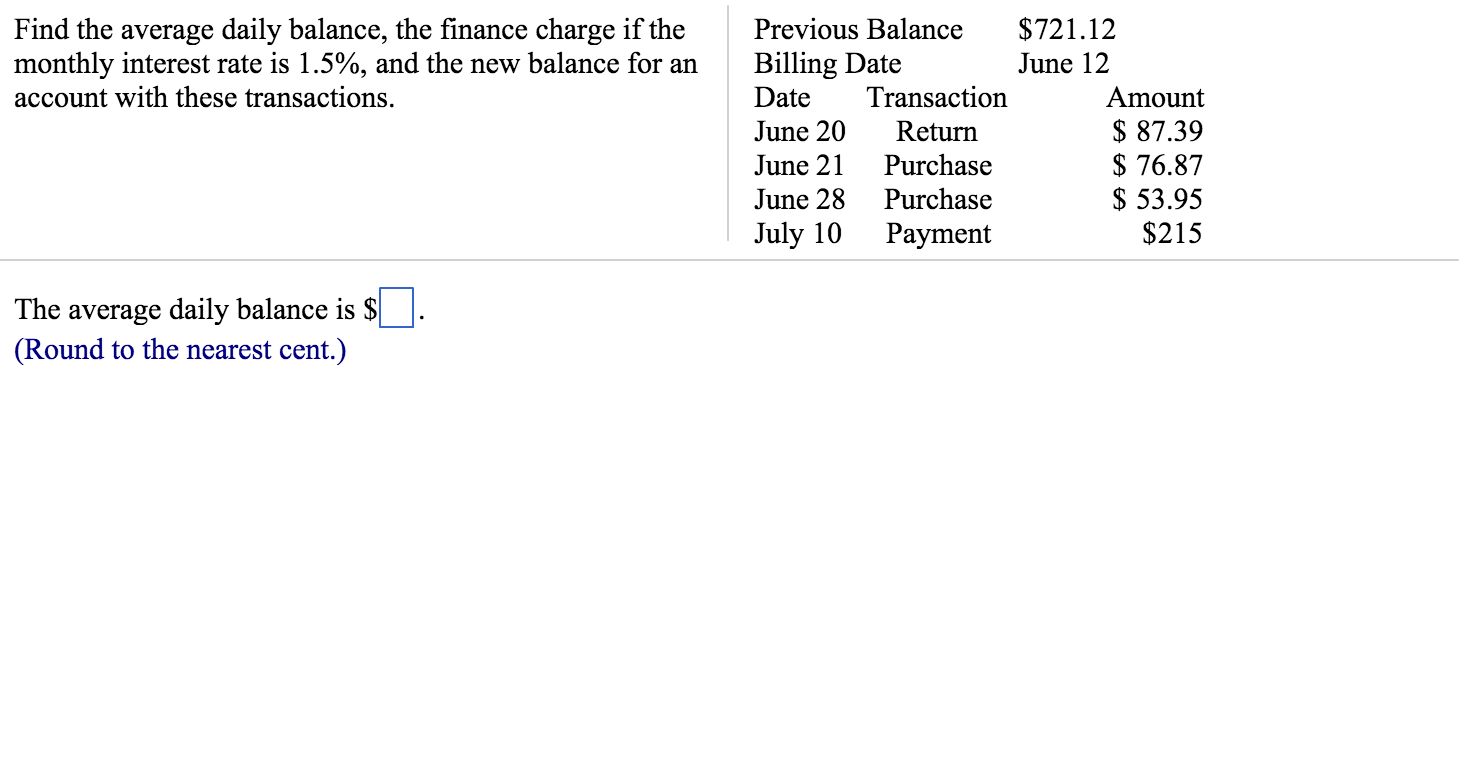50ac COMMERCIAL LAND. One floor, no neighbors on top. This is a tranquil community nestled in the heart of North-Central Florida. Owner financing venice florida 2 bed room 2 bath rental property home Cape Coral, Lee County, FL HOME ID: A4445-- Call Meghan: 239-963-HOME( 4663) CENTURY 21 Birchwood Realty Text 239-963-HOME( 4663) seller financing available!. Take pleasure in the Future of Property with dashboard control and expert assistance.
Last Updated: July 16, 2019 There are numerous advantages to an owner funding offer when buying a house. Both the buyer and seller can make the most of the deal. However there is a particular procedure to owner financing, along with crucial aspects to consider. You ought to begin by employing people who can assist you, such as an appraiser, Residential Mortgage Begetter, and legal representative (How to finance a house flip).
Seller financing can be a helpful tool in a tight credit market. It permits sellers to move a home much faster and get a substantial return on the financial investment. And buyers may benefit from less rigid qualifying and down payment requirements, more flexible rates, and better loan terms on a house that otherwise may be out of reach. Sellers willing to take on the role of financier represent only a small portion of all sellers-- generally less than 10%. That's due to the fact that the deal is not without legal, monetary, and logistical hurdles. But by taking the best precautions and getting professional assistance, sellers can decrease the fundamental dangers.

Rather of giving money to the buyer, the seller extends adequate credit to the buyer for the purchase price of the home, minus any down payment. The buyer and seller sign a promissory note (which includes the terms of the loan). They tape a home mortgage (or "deed of trust" in some states) with the regional public records authority. Then the purchaser repays the loan in time, generally with interest. These loans are frequently brief term-- for example, amortized over 30 years but with a balloon payment due in 5 years. The theory is that, within a few years, the home will have gained enough in worth or the purchasers' monetary situation will have improved enough that they can refinance with a traditional loan provider.
In addition, sellers don't wish to be exposed to the risks of extending credit longer than needed. A seller is in the very best position to use a seller funding deal when the house is totally free and clear of a home mortgage-- that is, when the seller's own mortgage is settled or can, at least, be settled using the purchaser's down payment. If the seller still has a substantial home mortgage on the property, the seller's existing lender needs to consent to the deal. In a tight credit market, risk-averse lenders are hardly ever happy to take on that additional threat. Here's a fast look at some of the most common types of seller financing.
In today's market, lenders are reluctant to fund more than 80% of a home's value. Sellers can possibly extend credit to buyers to make up the distinction: The seller can carry a second or "junior" mortgage for the balance of the purchase cost, less any down payment. In this case, the seller immediately gets the profits from the first home mortgage from the buyer's very first home mortgage loan provider. However, the seller's danger in carrying a second mortgage is that she or he Look at more info accepts a lower top priority ought to the customer default. In a foreclosure or foreclosure, the seller's 2nd, or junior, home loan is paid only after the very first mortgage lender is paid off can timeshare ruin your credit and just if there suffice proceeds from the sale.
The How To Import Stock Prices Into Excel From Yahoo Finance Diaries

Land contracts don't pass title to the purchaser, but provide the purchaser "fair title," a briefly shared ownership. The purchaser pays to the seller and, after the last payment, the purchaser gets the deed. The seller leases the residential or commercial property to the buyer for a contracted term, like a normal rental-- except that the seller likewise concurs, in return for an upfront charge, to sell the home to the buyer within some specified time in the future, at agreed-upon terms (possibly consisting of cost). Some or all of the rental payments can be credited versus the purchase cost. Various variations exist on lease options.
Some FHA and VA loans, along with standard adjustable home loan rate (ARM) loans, are assumable-- with the bank's approval - What is a consumer finance company. Both the buyer and seller will likely require an attorney or a genuine estate representative-- perhaps both-- or some other qualified professional knowledgeable in seller funding and home transactions to write up the contract for the sale of the residential or commercial property, the promissory note, and any other essential documentation. In addition, reporting and paying taxes on a seller-financed offer can be made complex. The seller may require a monetary or tax specialist to supply guidance and support. Numerous sellers hesitate to finance a mortgage because they fear that the purchaser will default (that is, not make the loan payments).
An excellent specialist can assist the seller do the following: The seller ought to firmly insist that the purchaser complete an in-depth loan application form, and thoroughly confirm all of the info the purchaser supplies there. That includes running a credit check and vetting work, properties, monetary claims, referrals, and other background info and documentation. The written sales agreement-- which specifies the terms of the offer in addition to the loan amount, interest rate, and term-- should be made contingent upon the seller's approval of the purchaser's financial circumstance. The loan must be secured by the home so the seller (loan provider) can foreclose if the buyer defaults.
Institutional lending institutions request deposits to offer themselves a deed back timeshare cushion versus the danger of losing the investment. It likewise provides the purchaser a stake in the home and makes them less most likely to leave at the first sign of monetary difficulty. Sellers need to do similarly and collect at least 10% of the purchase price. Otherwise, in a soft and falling market, foreclosure could leave the seller with a house that can't be sold to cover all the costs. As with a standard mortgage, seller financing is negotiable. To come up with an interest rate, compare present rates that are not particular to individual lending institutions.
Bank, Rate.com and www. HSH.com-- check for day-to-day and weekly rates in the area of the property, not nationwide rates. Be prepared to use a competitive interest rate, low initial payments, and other concessions to draw purchasers. Since sellers normally don't charge buyers points (each point is 1% of the loan quantity), commissions, yield spread premiums, or other mortgage expenses, they often can pay for to give a buyer a much better financing deal than the bank. They can likewise offer less strict qualifying requirements and down payment allowances. That does not suggest the seller must or ought to bow to a purchaser's every impulse.